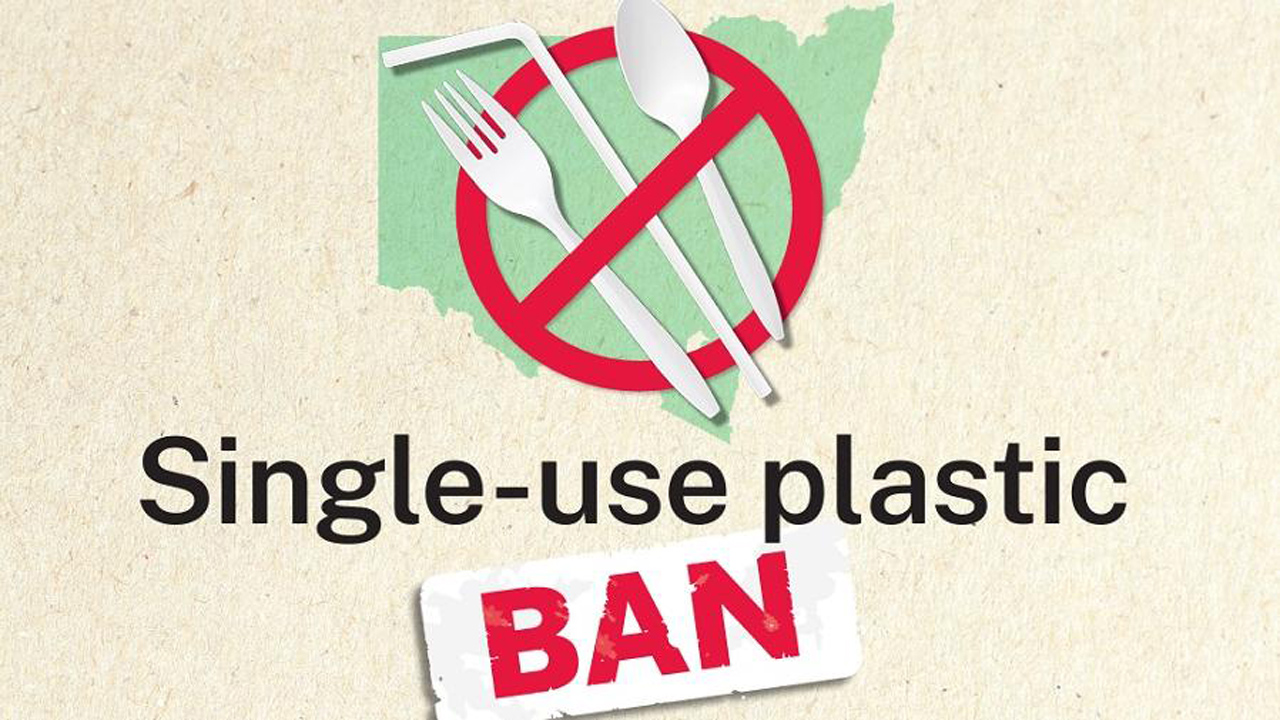THE MANUFACTURE AND SALE OF SINGLE-USE PLASTIC PRODUCTS WILL BE BANNEDin Sri Lanka with effect FROM OCTOBER 01, 2023, the Central Environment Authority (CEA).
The Central Environment Authority (CEA) of Sri Lanka has announced a ban on the manufacture and sale of single-use plastic products, effective October 1, 2023. This includes straws, stirrers, cups, plates, knives, forks, spoons, string hopper trays, and garlands. The ban was approved by the Cabinet of Ministers in February 2023, following a proposal by the Environmental Minister. The CEA will be responsible for enforcing the ban.
The ban is part of Sri Lanka’s efforts to reduce plastic pollution. Plastic pollution is a major problem in Sri Lanka, and it is estimated that the country produces over 250,000 tons of plastic waste each year. The ban on single-use plastic products is expected to help reduce this amount of waste.
The CEA has said that it will work with businesses and the public to ensure that the ban is implemented effectively. There will be a grace period of six months, from June 1, 2023, to October 1, 2023, during which businesses will be allowed to sell their remaining stocks of single-use plastic products.
The ban on single-use plastic products is a positive step for Sri Lanka. It is a step towards a cleaner and more sustainable future.
Sri Lanka’s impending ban on single-use plastics has garnered attention as a significant step towards addressing environmental concerns. As the nation prepares to implement the ban from October 1, 2023, the effectiveness of this bold initiative is a subject of keen interest. Examining various aspects can shed light on the potential impact of the ban on Sri Lanka’s environment, economy, and society.
1. Environmental Impact
The ban’s foremost objective is to mitigate plastic pollution, particularly in oceans and terrestrial ecosystems. By curbing the production and usage of single-use plastic items like straws, cups, and cutlery, the ban aims to reduce the volume of plastic waste that enters natural habitats. This could lead to cleaner beaches, reduced harm to marine life, and less strain on waste management systems.
2. Cultural Shift and Public Awareness
The ban can trigger a cultural shift towards sustainable consumption patterns. As single-use plastics become less prevalent, people might increasingly embrace reusable alternatives, promoting a shift in mindset from convenience to environmental consciousness. Public awareness campaigns accompanying the ban can educate citizens about plastic pollution’s consequences, fostering greater responsibility and eco-friendly behaviors.
3. Economic Opportunities
While businesses that rely heavily on single-use plastics may face short-term challenges, the ban could stimulate the growth of sustainable alternatives. This opens avenues for innovation in eco-friendly packaging and materials, potentially creating new industries and employment opportunities. Additionally, reduced environmental damage can result in long-term cost savings for waste management and ecosystem restoration.
4. Challenges and Enforcement
Effective enforcement of the ban will be crucial to its success. Adequate regulations, monitoring mechanisms, and penalties for non-compliance are essential. Overcoming potential resistance from industries and ensuring a smooth transition to sustainable alternatives might pose challenges, necessitating careful planning and cooperation between businesses and regulatory bodies.
5. Reducing Litter and Visual Pollution
Single-use plastics are often visible pollutants, cluttering landscapes and degrading scenic beauty. The ban can lead to cleaner public spaces, enhancing the aesthetic appeal of Sri Lanka’s cities and natural attractions. This, in turn, can contribute to a more positive experience for tourists and locals alike.
6. Role in Global Efforts
Sri Lanka’s ban on single-use plastics aligns with international efforts to combat plastic pollution. The nation’s commitment can set an example for other countries facing similar challenges, potentially inspiring them to adopt similar measures. Collaborative efforts on a global scale are vital to effectively address a problem that transcends borders.
In conclusion, while the full impact of Sri Lanka’s single-use plastic ban remains to be seen, it has the potential to be a significant step towards a more sustainable future. The ban’s effectiveness will depend on comprehensive planning, effective enforcement, public cooperation, and continuous evaluation. If successful, it could position Sri Lanka as a leader in environmental stewardship, driving positive change for both its citizens and the planet at large.








